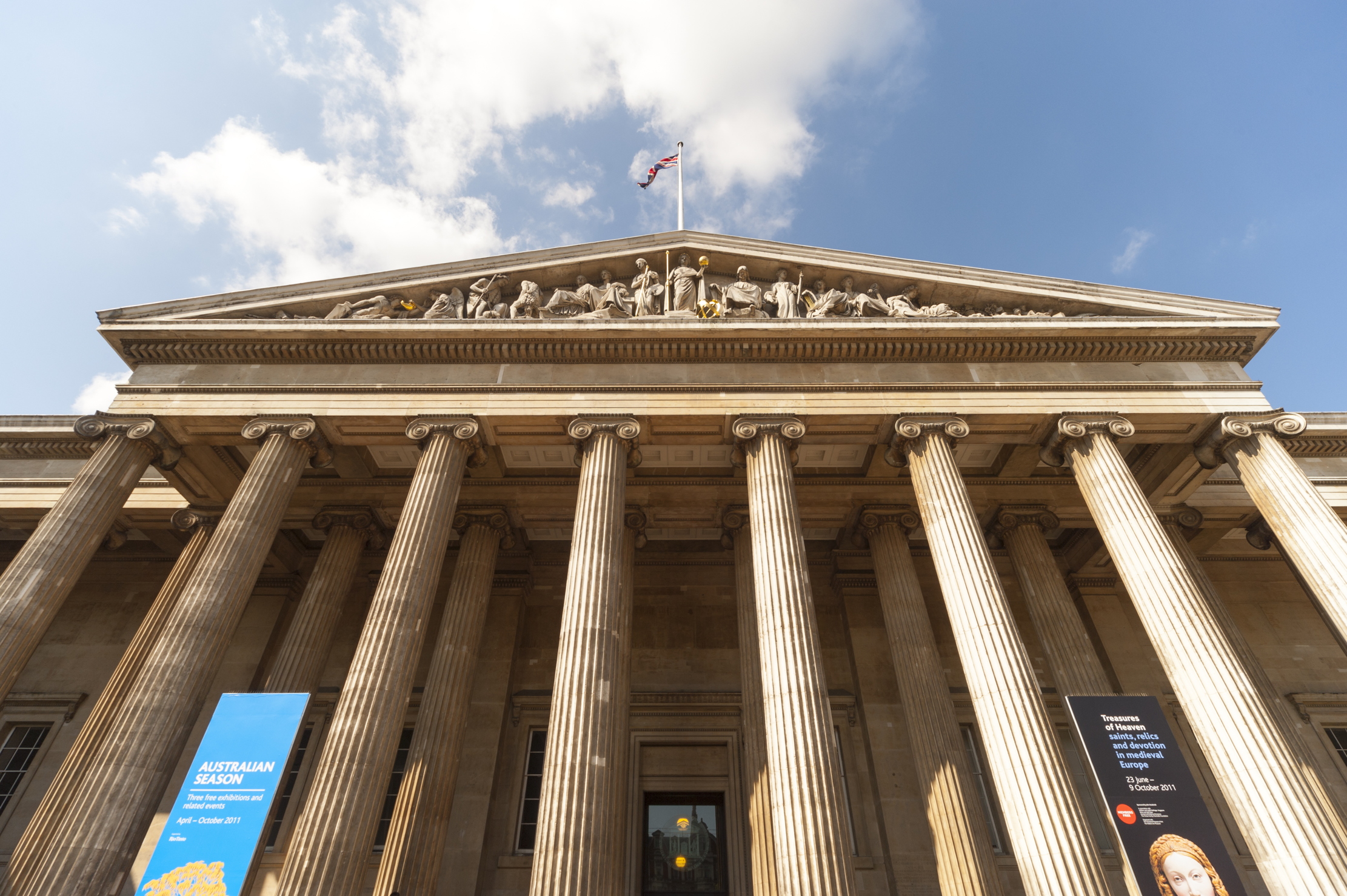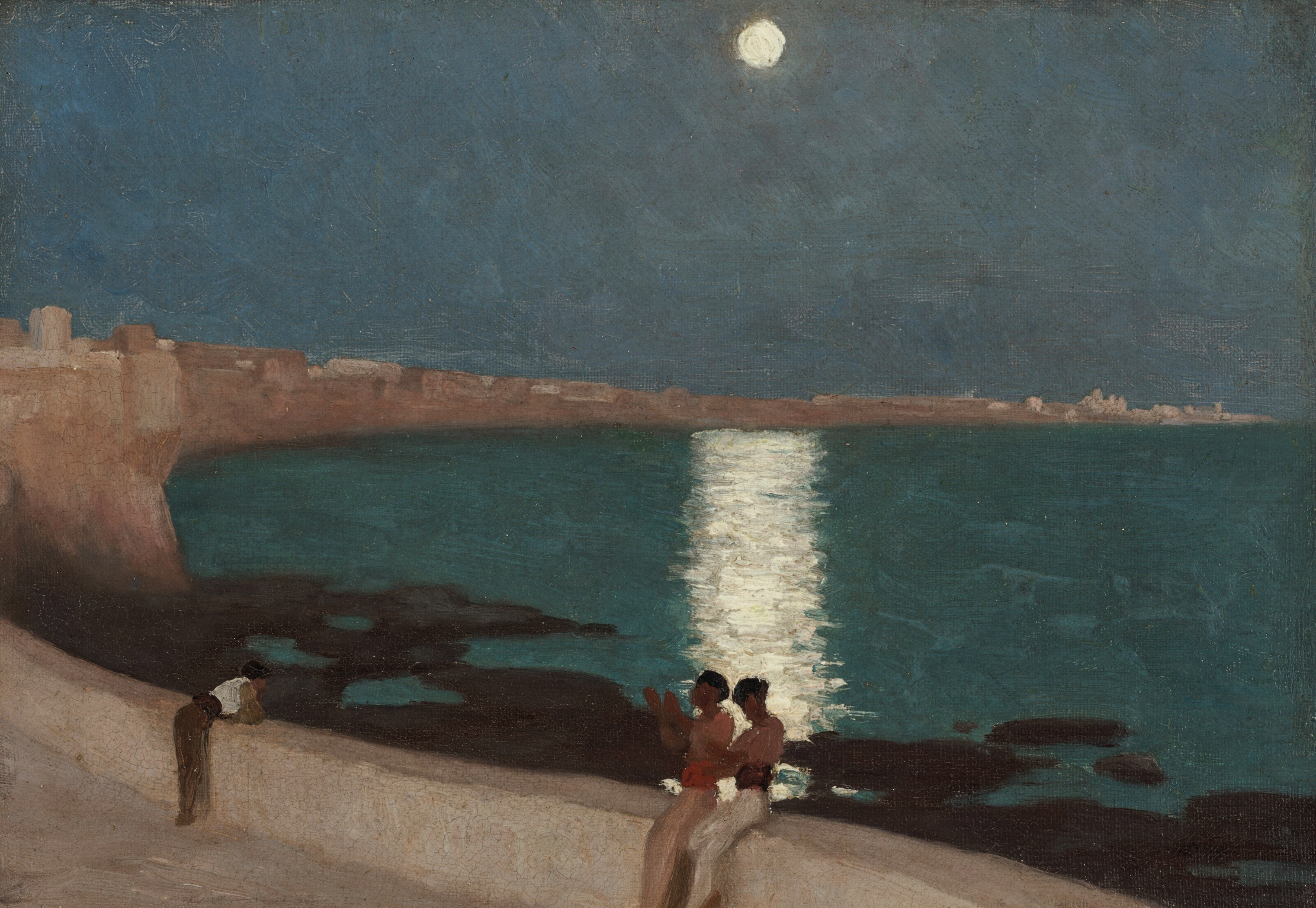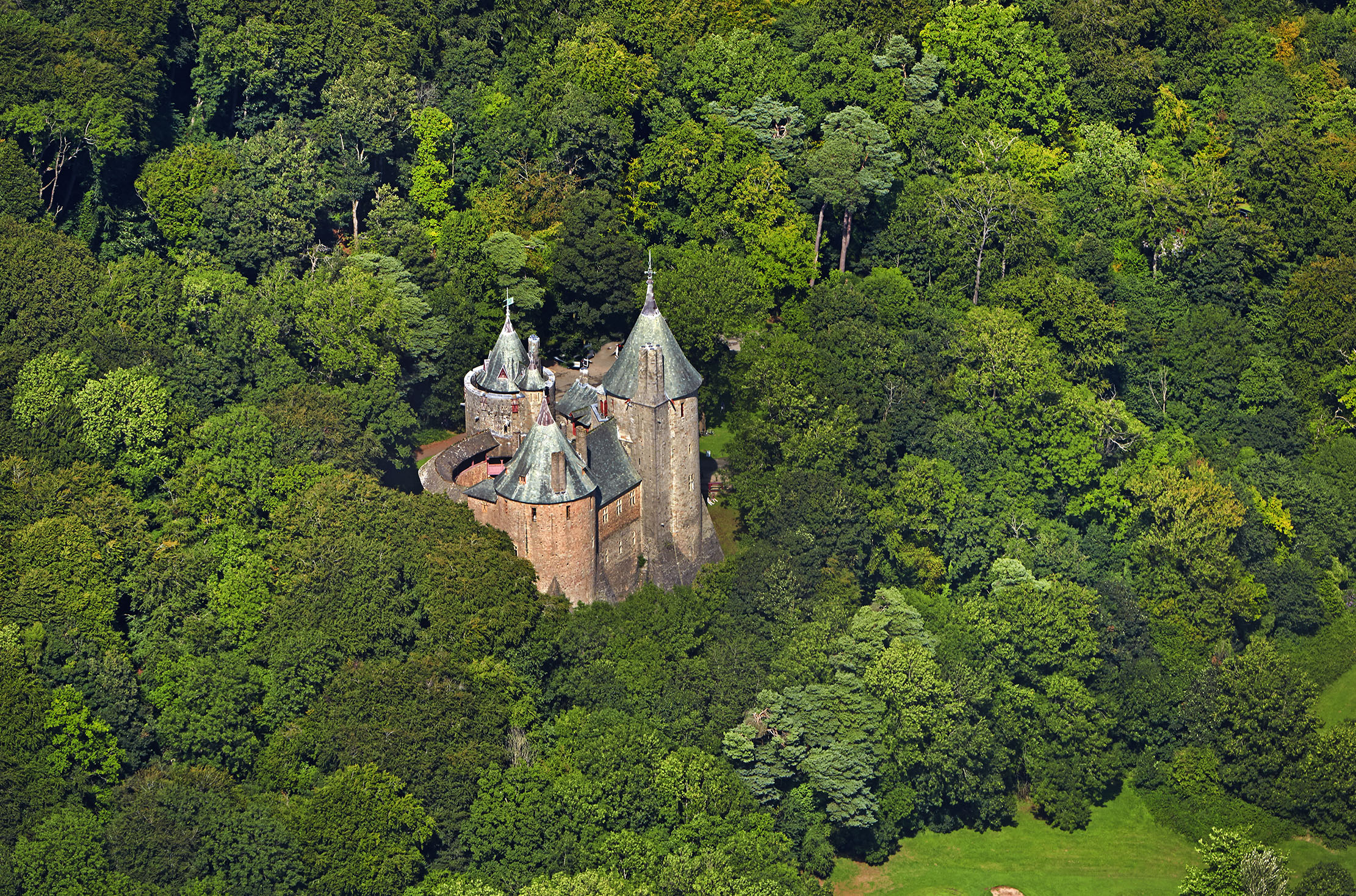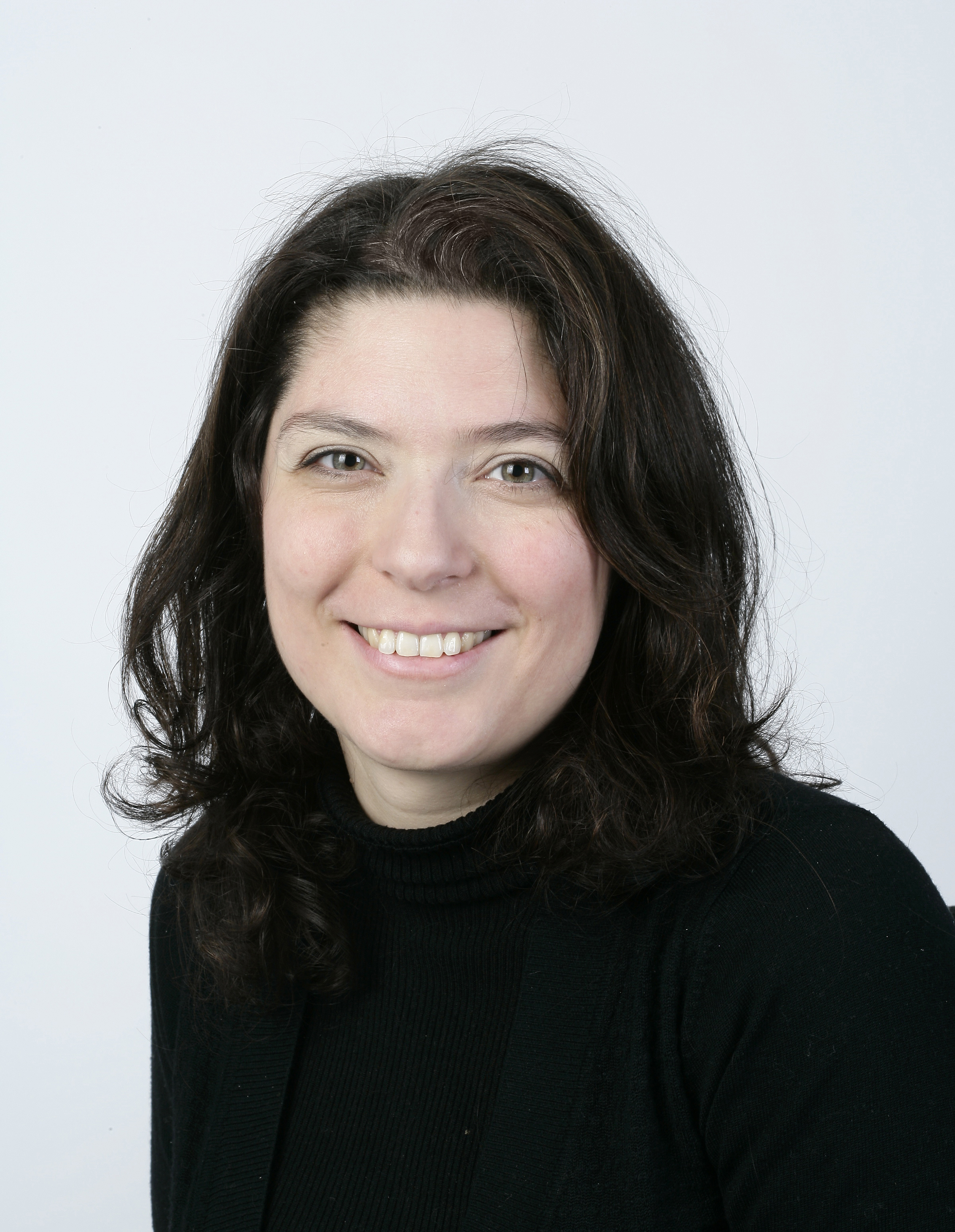The Legacy: Hans Sloane and the creation of the British Museum
A curious child who grew into a man of voracious intellectual curiosity, his life of collecting gave birth to one of the nation's great institutions.


The British Museum began in Jamaica. It was there that Sir Hans Sloane (1660–1753) had gone as physician to the island’s new governor, Christopher Monck, 2nd Duke of Albemarle. Sloane was born in Northern Ireland, apparently a curious child, who grew into a man of voracious intellectual curiosity and a particular passion for natural sciences.
He gathered more than 800 specimens of plants, animals, shells and rocks from that visit to the Caribbean, which he brought back on his return to England in 1689.
This first foray into collecting whetted his appetite. Over the following decades, Sloane not only became physician to three monarchs (Queen Anne, Georges I and II), a philanthropist and a pioneering proponent of the smallpox vaccine, but amassed with abandon everything from fish and insects to coins, medals and books.
On his death, his collection — which the British Museum retrospectively attributes in part to the slave trade — counted more than 80,000 ‘natural and artificial rarities’, some 40,000 books and manuscripts and 32,000 coins and medals.
All of this he left to the nation, on condition that his executors receive a payment of £20,000 and that Parliament create a new museum for it. The bequest formed the basis of the British Museum, which opened at Montagu House in Bloomsbury in 1759 and has since been nourishing the minds of ‘all studious and curious persons’ — people very much like Sloane himself.
Did you know? The invention of the hot chocolateWhen offered an unpalatable cacao drink in Jamaica, Sloane decided to replace the water from the original recipe with milk — and hot chocolate as we know it was born. The story might be a little too good to be true, however: some historians believe that it was entirely made up by 17th-century businessman Nicholas Sanders who, after the physician’s death, appropriated his name to sell his ‘Sloane’s milk chocolate’
Carla Passino is the Fine Arts and antiques editor of Country Life

Lost and then found: A missing painting by Lord Leighton returns to London
Someone, somewhere, knows something about where it went.
Exquisite houses, the beauty of Nature, and how to get the most from your life, straight to your inbox.

Opinion: A vanishingly rare thing has happened — we have a minister for culture who actually sounds like he's visited some of the places he has responsibility for
Our culture columnist Athena is cautiously optimistic about the future of arts, culture and architecture — even if the same old
Carla must be the only Italian that finds the English weather more congenial than her native country’s sunshine. An antique herself, she became Country Life’s Arts & Antiques editor in 2023 having previously covered, as a freelance journalist, heritage, conservation, history and property stories, for which she won a couple of awards. Her musical taste has never evolved past Puccini and she spends most of her time immersed in any century before the 20th.
